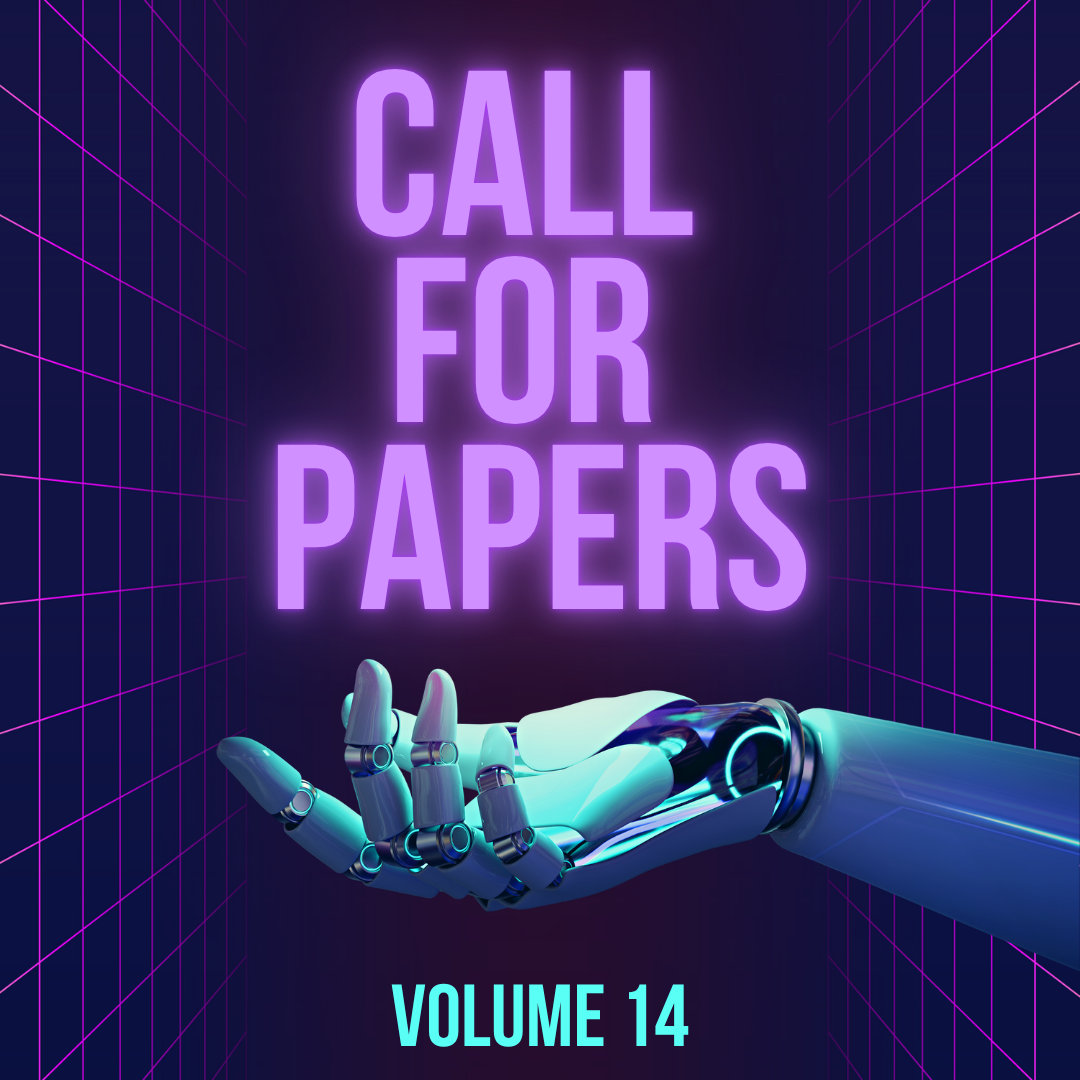Deep Neural Networks for Intelligent Voice Authentication Systems in Large-Scale Electronic Voting
Keywords:
Authentication, Biometrics, E-Voting, PWD, DNN, MLP, Machine Learning, Voice AuthenticationAbstract
The authentication of eligible voters is an area of concern that needs further exploration of the prospects of electronic voting systems. The integration of voice authentication in electronic voting systems for varying numbers of disabled and prospective voters should be secure, scalable and suitable in both federal and state elections. Machine learning (ML) is an evolving field of computing that presents prospects in electronic voting. Applying ML algorithms to electronic voting provides optimal solutions to a wide range of biometric authentication challenges. This paper presents the design of an effective voice classification algorithm from a narrower perspective that can be used in developing prototype electronic voting systems in large-scale voting scenarios, particularly for disabled voters. Applying the knowledge of deep neural networks, a three hidden layer network using a feed-forward architecture is designed for classifying voice data acquired from prospective voters. The proposed design is tested on two different datasets and is adapted to handle small and vast amounts of voters’ voice information. Results indicated average training and average validation accuracies of 92% and 97% respectively for both deep learning models for inclusivity and accountability of disabled voters in secure electronic voting systems.



